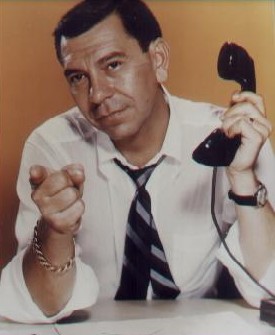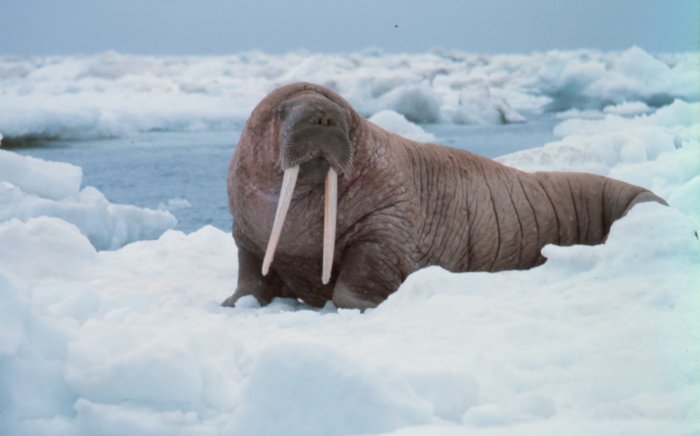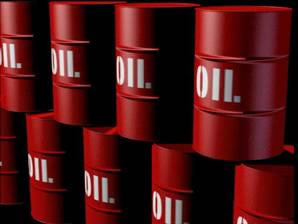Wall Street Reform Bill Yields Big Win for Little Countries
You know that Wall Street reform bill pending in the Senate? Some last minute insertions add up to a surprisingly big win for the developing world.
Oil Companies Required to Detail the Dough Paid to Foreign Governments
First, kudos to Senators Dick Lugar (R-Indiana) and Ben Cardin (D-Maryland) for inserting strong provisions that require extractive companies (oil, natural gas, etc.) to detail in their annual Securities and Exchange Commission (SEC) filings the payments they make to foreign governments. One would think that oil-rich and mineral-rich countries would be, well, rich. Big international firms move in to extract these resources and pay royalties, fees, taxes, bonuses and other monies to national governments. Unfortunately, too frequently this money is put to work lining the pockets of dictators and warlords, rather than building schools or health clinics.

 A woman driving by a
A woman driving by a 
 Detailed in this article are the recent oil and gas speculation investments, including investments in deep-sea drilling companies, made by the federal judge who blocked the new deep-sea drilling ruling. I
Detailed in this article are the recent oil and gas speculation investments, including investments in deep-sea drilling companies, made by the federal judge who blocked the new deep-sea drilling ruling. I  The
The  On June 15, the CEOs of
On June 15, the CEOs of 